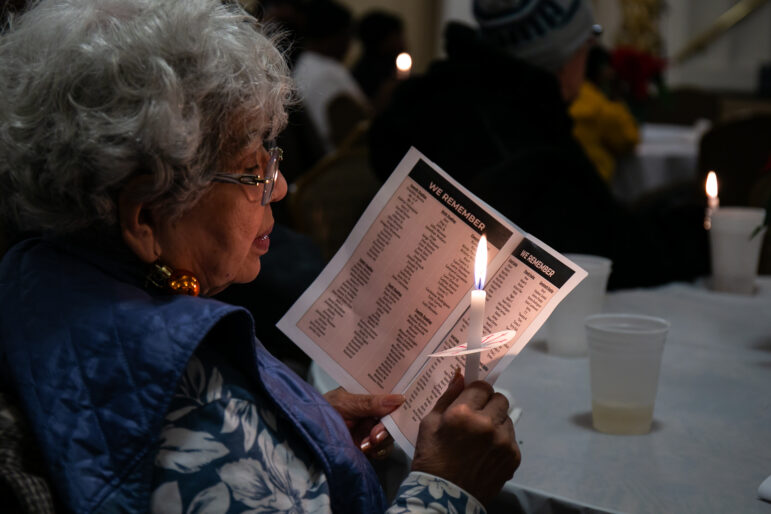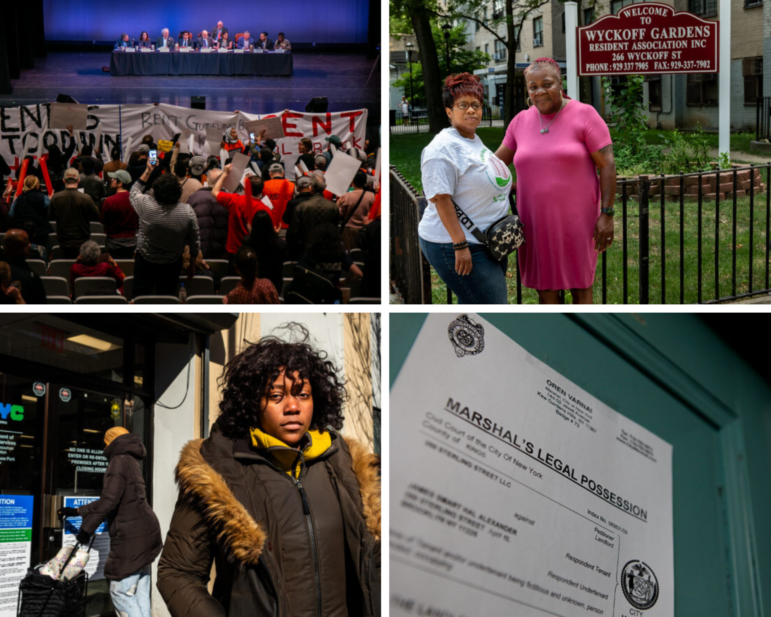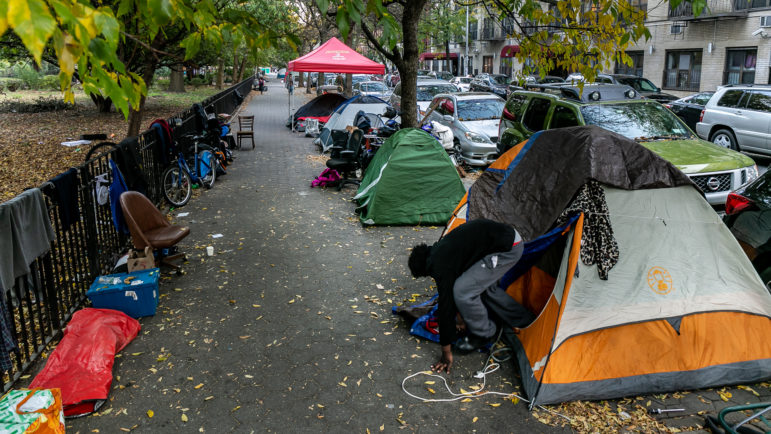Tenants in one- and two-family homes in New York City now have a better chance of holding their landlords accountable when their children suffer from lead poisoning, thanks to an October decision by the New York State Court of Appeals.
In its ruling, the court wrote that lawsuits may be sent to a jury if the property owner knew his building was constructed before 1960, was aware that paint was peeling and knew his tenants had young children. Until now, appellate courts outside New York City would throw out such a case unless a tenant had given a landlord formal notice that lead paint existed in his apartment.
“This was a major victory for children throughout New York State,” says Peter Danziger, attorney for James and Sallie Chapman, whose one-year-old son Jaquan was poisoned from eating lead paint soon after the family moved into its Albany apartment in 1994. The Chapmans are suing their landlord, Dennis Silber, for about $10 million.
In New York City, where 4,831 children under age 6 had dangerous levels of lead in their blood as of January 2001 (the most recent data available from the city), a law on the books since 1982 requires property owners to inspect any apartment in a three-or-more unit pre-1960 building housing a child under age six.
Last month’s ruling for the first time will also give tenants in one- and two-family homes a chance for their days in court. “This changes the dynamic quite a lot,” says Matthew Chachere, an attorney with the New York City Coalition to End Lead Poisoning.
Even Silber’s attorney admits the ruling was not all bad. While disappointed and concerned that things could get expensive for property owners, Derek Hayden says at least the new guidelines will give his clients a better idea of what they are responsible for. As things stood up until now, says Hayden, landlords “didn’t know what they had to do or who they had to hire.”
Danziger says he hopes the decision makes it clear to his own clients what they can do. “If parents don’t investigate, children will get nothing,” says the Albany-based attorney, who has 100 lead cases pending around the state and has won up to $4 million in damages for some clients.
Meanwhile, parent advocates in New York City await another court ruling they hope will make landlords even more liable for lead poisoning in young tenants. An amendment to the law passed by the City Council in 1999, called Local Law 38, requires that parents explicitly warn building owners of the possibility of lead in their apartments. Chachere and others say this places too much burden on the parents.
In the fall of 2000, Judge Louis York of the state Supreme Court deemed that law null and void, a decision the city is currently appealing.








